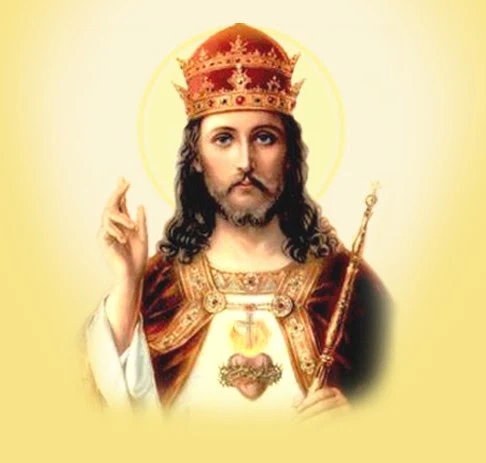Zephaniah 3:14-18…Philippians 4:47…Luke 3:10-18
Dear Friends, it is amazing how many ask about the pink candle in the Advent Wreath. It is different so people want to know why. The answer comes in the second reading today from ST. Paul. Paul says, “Rejoice in the Lord always. I shall say it again: Rejoice!” (Phil 4:4) The rose colored candle is about rejoicing. We are coming close to the coming of the Lord, the day of salvation. Our God will be faithful to his promises. He will deliver us.
In the first reading, we have a message of why we should rejoice. Zephaniah says, “The Lord your God is in our midst, a mighty savior; he will rejoice over you with gladness, and renew you in his love.” (Zeph 3:17) Paul tells us not to worry, to place our trust in God. “Then the peace of God that surpasses all understanding will guard our hearts and minds in Christ Jesus.” (Phil 4:7) In the Gospel, John the Baptist tells us why we should rejoice. “One mightier than I is coming.” (Lk, 3:16) This is the message of Advent. This is why we are filled with hope. This is why our Advent prayer is so powerful and so on target, Come, Lord Jesus!
Our world and each of us need salvation. It is easy for Paul to tell us not to worry but we know many things cause us distress. It is sickness or the job, our kids or the family. The streets are an every day, every hour challenge. Hope is not so easy to find in the darkness of our reality.
This is why we have the rose candle. God had not forsaken us. This is why Zephaniah can say, “The Lord has removed judgment against you. He has turned your enemies away….the Lord is in your midst.” (Zeph 3:15) Hope is the treasure revealed in our Advent celebration. St Teresa of Avila captured this spirit in her beautiful and classical bookmark prayer.
Let nothing disturb you.Let nothing make you afraid.All things are passing.God alone never changes.Patience gains all things.If you have God you will want for nothing.God alone suffices.





























